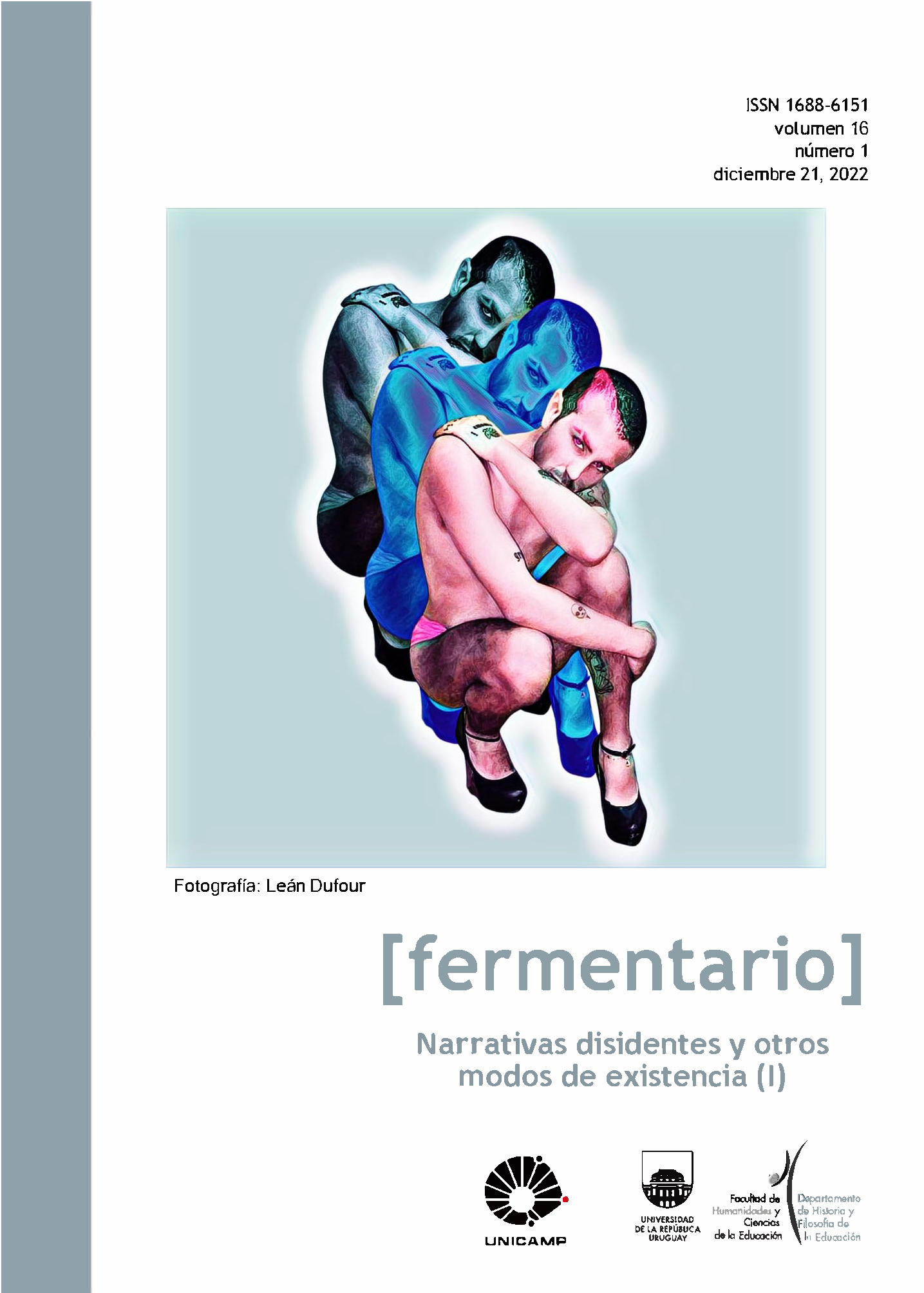Published 2022-12-21
Keywords
- educação para a cidadania,
- leitura,
- polifonia
- citizen education,
- reading,
- polyphony
How to Cite
Abstract
The article reflects on the practical possibilities of applying narrative to an emotional education program aimed at promoting democratic coexistence. The research from which this article arises has sought to identify criteria for selecting stories according to the idea that the adequacy of literature for citizen education purposes is not necessarily in a text but in the way of reading it. This way of reading, which is chosen to be called "equable reading", is inspired by the work of Wayne Booth, who redefines the so-called ethical criticism, going from being a judgment about a work to being a dialogue about its qualities. In this sense, the criterion ceases to be a static list of the type of works to be addressed, to focus on the characteristics that dialogue should have in communities of readers.
Downloads
References
- Bajtin, M. (2005). Problemas de la poética de Dostoievski. México: Fondo de Cultura Económica.
- Barthes, R. (1966). Introducción al análisis estructural de los relatos. Buenos Aires: Ed. América Latina.
- Booth, W. (1988). The company we keep. An ethics of fiction. Berkeley: University of California Press.
- Carroll, N. (1996). Film, rhetoric and ideology. En Theorizing the moving image (pp. 275-289). Cambridge: Cambridge University Press.
- Cortina, A. (1997). Ciudadanos del mundo. Hacia una teoría de la ciudadanía. Madrid: Alianza.
- Delgado, R. (1989). Storytelling for oppositionists and others: A plea for narrative. Michigan Law Review Association, 87 (8), 2411-2441.
- Delgado, R. y Stefancic, J. (1995). Critical race theory: The cutting edge. Philadelphia: Temple University Press.
- Gadamer, H. G. (2003). Verdad y método. Salamanca: Ediciones Sígueme.
- Jauss, H. R. (2000). La historia de la literatura como provocación. Barcelona: Ediciones Península.
- Modzelewski, H. (2021). Lectores ecuánimes. Una educación en ciudadanía a través de narraciones y emociones. Montevideo: Facultad de Humanidades y Ciencias de la Educación Udelar.
- Nussbaum, M. (1997). Justicia Poética. Barcelona: Andrés Bello.
- Solórzano, D. y Yosso, T. (2002). «Critical race methodology: Counter-Storytelling as an analytical framework for education research», Qualitative Inquiry, 8, (1), 23-44.
- Whitman, W. (2012). Hojas de hierba. Madrid: Alianza.


